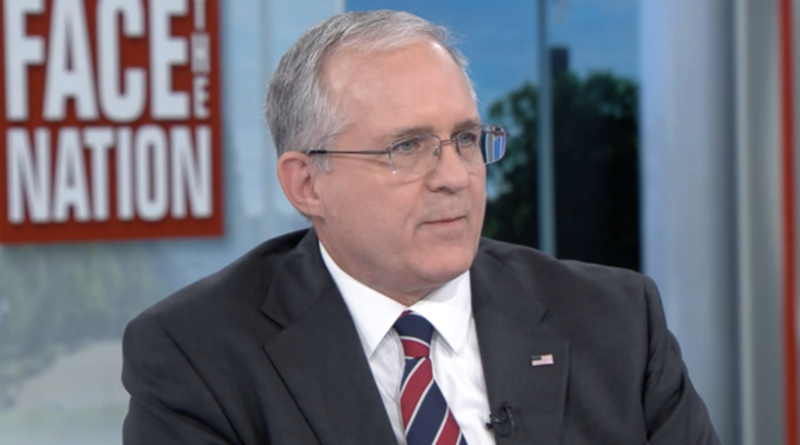Paul Whelan describes the psychological toll of his years-long Russian imprisonment: “It did play with my mind”
Washington — Paul Whelan, who was released in a historic prisoner exchange in August, said his transition home is challenging in part because he suffers from post-traumatic stress disorder after spending nearly six years imprisoned in Russia.
In his first interview since his release, the former Marine told “Face the Nation” moderator Margaret Brennan that the FSB Russian intelligence agents told him shortly after his arrest in December 2018 that he was being used as a political pawn. But Whelan, who the U.S. considered to be wrongfully detained on trumped-up espionage charges, was not part of two prisoner swaps negotiated by the Biden administration that included former Marine Trevor Reed and women’s basketball star Brittney Griner, both of whom were detained after Whelan. Both Americans were traded for high-value Russian convicts, including drug dealer Konstantin Yaroshenko and arms dealer Viktor Bout, also known as “the merchant of death.”
“From Day One, I was being told that there would be a trade, a political solution to this situation. But as it dragged on, it did play with my mind,” Whelan said Thursday. “There was a psychological piece to this, that even though now, I seem like I’m doing OK, I’ve put back on some of the weight that I lost.”
When he sees photos of himself in Russian detention, “that takes me back to being in that court or being in the prison,” he said, calling it a “form of PTSD.”
He said the trauma may dissipate with time, but it’s hard to “compartmentalize and block out that portion of what I went through.”
Whelan was arrested when he traveled to Moscow to attend a friend’s wedding. He was convicted of espionage in a secret trial and sentenced to 16 years in prison in 2020. Whelan, his family and the U.S. government vehemently denied that he was a spy.
But a deal to secure his release was long elusive.
The U.S. secured Whelan’s release in August in one of the largest prisoner swaps since the end of the Cold War. The complex deal negotiated by the Biden administration came after months of sensitive negotiations between the U.S., Russia, Germany, Slovenia, Poland and Norway. The key concession that won his freedom hinged on President Biden persuading German Chancellor Olaf Scholz to release convicted FSB assassin Vadim Kraskov.
As part of the complex deal, Russia released 16 prisoners, including political prisoners aligned with deceased opposition leader Alexei Navalny while the Western countries released eight Russians. Whelan was released alongside Wall Street Journal reporter Evan Gershkovich, Russian-American radio journalist Alsu Kurmasheva and Vladimir Kara-Murza, a U.S. green card holder and Kremlin critic.
Watch more of Margaret Brennan’s interview with Paul Whelan on Sunday on “Face the Nation” at 10:30 a.m. ET.





